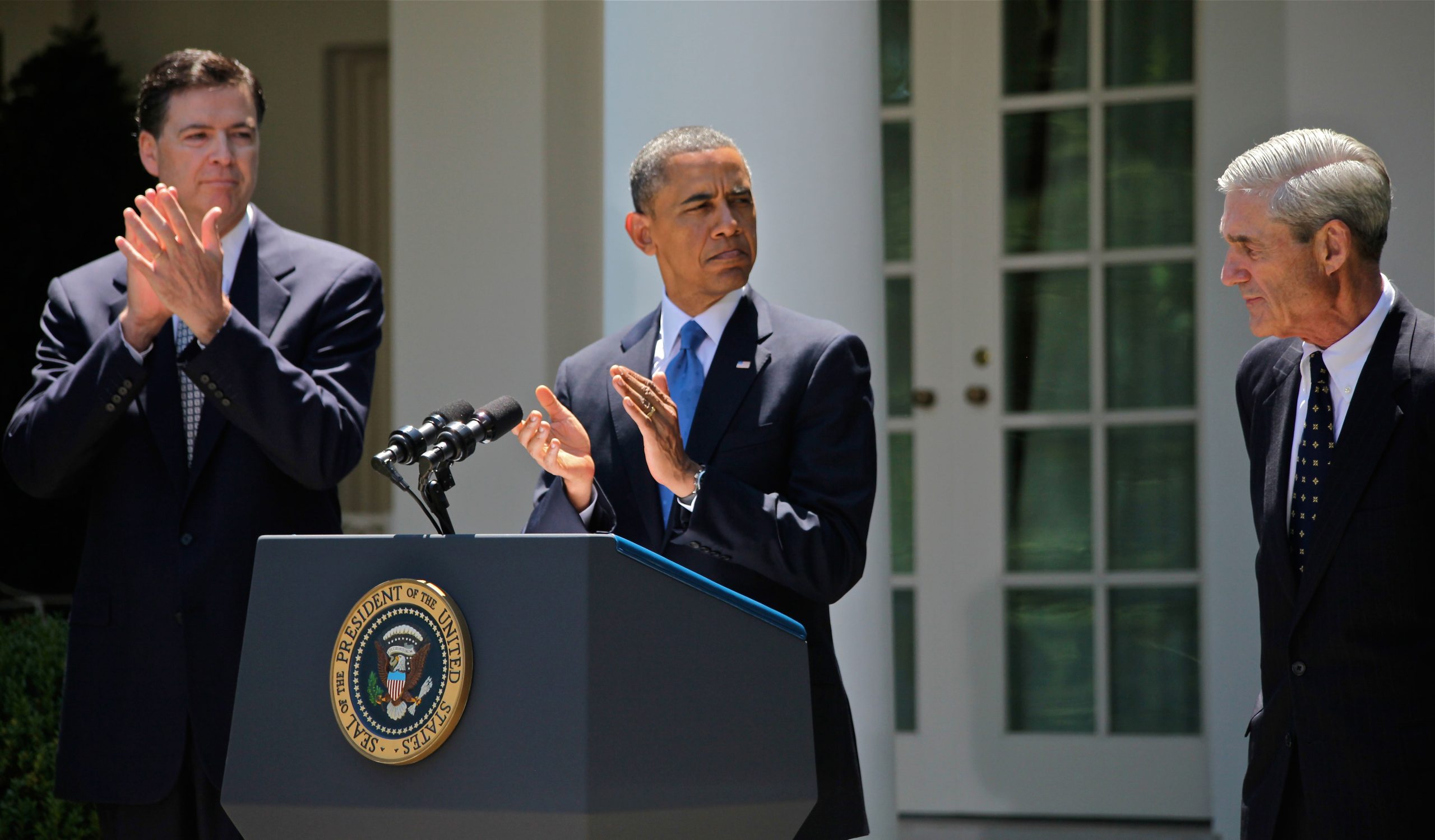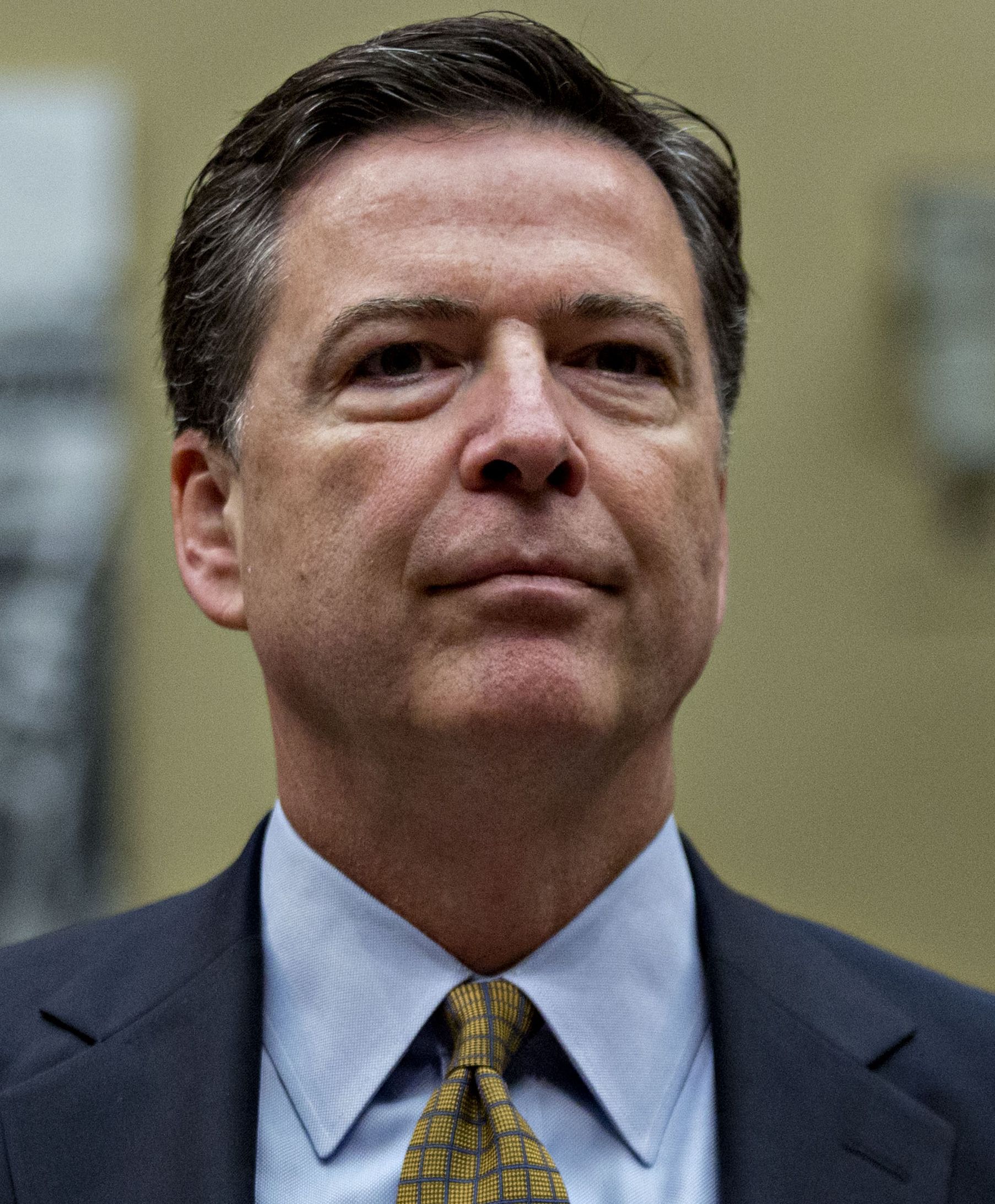
James Comey’s Tenure as FBI Director: A Tumultuous Chapter in Modern U.S. Politics
James Comey’s leadership of the Federal Bureau of Investigation (2013–2017) unfolded during one of the most politically charged eras in recent American history. His tenure was marked by high-stakes investigations, unprecedented public disclosures, and a dramatic dismissal that reverberated across the political landscape. Below is an in-depth examination of the controversies and events that defined his time as FBI director, their implications, and his enduring legacy.
1. The Hillary Clinton Email Investigation (2015–2016)
Comey’s handling of the investigation into Hillary Clinton’s use of a private email server as Secretary of State became the defining controversy of his career. The probe, which began in 2015, centered on whether Clinton mishandled classified information.
July 2016 Press Conference
In an extraordinary departure from Department of Justice (DOJ) norms, Comey held a televised press conference on July 5, 2016, to announce the FBI’s recommendation against prosecuting Clinton. While he concluded that “no reasonable prosecutor” would bring charges, he criticized her actions as “extremely careless.” This public rebuke of a presidential candidate—delivered by an FBI director rather than a DOJ official—sparked bipartisan backlash. Critics argued Comey had overstepped his role, politicizing the FBI by offering subjective judgments that traditionally belong to prosecutors. Supporters, however, praised his transparency, given the intense public interest in the case.
The October Surprise
On October 28, 2016—just 11 days before the presidential election—Comey sent a letter to Congress announcing the FBI was reopening the investigation after discovering emails on a laptop shared by Clinton aide Huma Abedin and her husband, Anthony Weiner. The emails, later deemed irrelevant, were reviewed swiftly, and Comey closed the case again on November 6. However, the timing of the announcement ignited a firestorm. Polls suggested Clinton’s lead eroded in key swing states, with analysts like Nate Silver later arguing the letter may have tipped the election to Donald Trump. Critics accused Comey of violating the Hatch Act, which bars federal officials from influencing elections, though the DOJ’s inspector general found no evidence of partisan intent.
Motivations and Institutional Tensions

Comey later defended his actions, citing concerns over the DOJ’s credibility. He had grown uneasy about then-Attorney General Loretta Lynch’s impartiality after she privately met with Bill Clinton on an airport tarmac in June 2016. Lynch’s meeting, though she claimed it was social, led Comey to fear the DOJ would not transparently close the case. His decision to bypass Lynch and act unilaterally, however, raised questions about institutional norms and the FBI’s role in electoral politics.
2. The Russia Investigation and Firing by President Trump (2017)
Comey’s dismissal on May 9, 2017, by President Donald Trump became a pivotal moment in the Trump presidency. At the time, the FBI was investigating Russian interference in the 2016 election and potential coordination between Trump associates and Russian officials.
Public Confirmation of the Russia Probe
In a March 20, 2017, congressional hearing, Comey confirmed the existence of the FBI’s counterintelligence investigation into Russian meddling, breaking with the Bureau’s typical secrecy around ongoing probes. While he refused to discuss details, his acknowledgment fueled media speculation and political tensions. Supporters saw this as a necessary act of transparency; detractors argued it breached protocol and heightened partisan divisions.
The Firing and Its Fallout
Trump initially justified Comey’s removal by citing his handling of the Clinton investigation. Days later, however, Trump contradicted his staff, telling NBC News that “this Russia thing” influenced his decision. The firing triggered accusations of obstruction of justice, prompting the DOJ to appoint Special Counsel Robert Mueller to lead the Russia investigation. Comey’s dismissal also led to the release of memos he had written documenting private conversations with Trump, including an alleged request to “let go” of the investigation into former National Security Advisor Michael Flynn. These revelations deepened suspicions of presidential misconduct and became central to Mueller’s obstruction inquiry.
3. Departure from DOJ Norms and Institutional Consequences

Comey’s tenure was marked by a pattern of unilateral decision-making that critics argued undermined the FBI’s traditional neutrality. His July 2016 press conference and October letter bypassed standard DOJ protocols, where such announcements are typically made by prosecutors or the Attorney General. Legal experts, including former DOJ officials, argued that Comey’s actions set a dangerous precedent, eroding public trust in the FBI’s apolitical role.
The Loretta Lynch Factor
Comey’s distrust of Lynch played a critical role in his decisions. The tarmac meeting between Lynch and Bill Clinton, coupled with Lynch’s directive to refer to the Clinton probe as a “matter” rather than an “investigation,” convinced Comey that the DOJ could not credibly close the case. While his concerns were understandable, his solution—publicly chastising Clinton—raised ethical and procedural questions that continue to resonate in debates over law enforcement independence.
4. Legacy: Polarization and Post-FBI Career
Comey’s legacy remains fiercely contested. To some, he is a principled defender of institutional integrity who resisted political pressure from both the Obama and Trump administrations. To others, he is a self-righteous figure whose misjudgments amplified polarization and distrust in government.
Public Figure and Author
Since his firing, Comey has become a vocal commentator on leadership, ethics, and the Trump administration. His books—A Higher Loyalty (2018) and Saving Justice (2021)—and frequent media appearances have cemented his status as a cultural lightning rod. While liberals applaud his critiques of Trump, conservatives dismiss him as a partisan opportunist.
Enduring Questions
Comey’s tenure forces reflection on the challenges of navigating justice in a hyper-partisan era. Were his breaches of protocol justified by extraordinary circumstances? Did his actions protect the FBI’s credibility or damage it? These questions remain central to discussions about the intersection of law, politics, and public trust.
James Comey’s FBI directorship underscores the fragility of democratic norms in the face of political turbulence. His decisions—lauded by some, loathed by others—reveal the complexities of leadership when institutional legitimacy hangs in the balance. Whether viewed as a hero or a flawed actor, Comey’s impact on American politics is undeniable, shaping debates about accountability and power that persist today.





